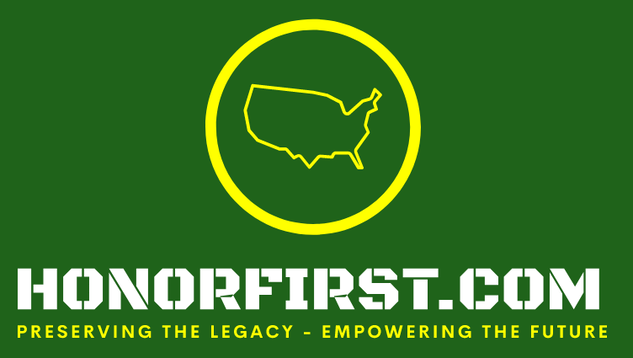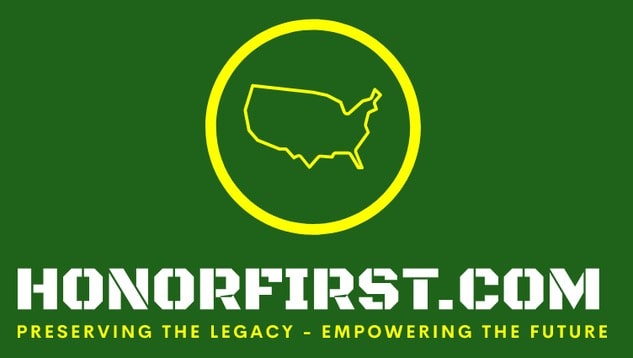Life at My New Station
-The Adventure Begins-
Q. Is there a list of things I should bring with me when I first report?
A. Be sure to bring: DD214 (Copy/member 4) if Former Military Service; Birth Certificate, Social Security Card (original), current Driver's License; (Be SURE to know all tickets and accidents for the last 10 yrs.); and your acceptance letter from the Border Patrol (the one that tells your pay grade).
Bring a voided check, for direct deposit (better yet, get a completed form from your bank); all Social Security numbers for spouse and any dependants. You might want to decide what you want from your health insurance before you get there. You only have about 30 minutes to decide on a health plan, and you'll be stuck with it until the next year's open season. There are many choices. For more information , see the LINKS page.
Dress, Docker type trousers are fine with a regular shirt with a collar. You don't want to stand out. BE THERE ON TIME!!! If you don't know where you are going, get there a day early and find it! First impressions go a long way.
Q. How do I arrange for housing at my duty station?
A. There are smart ways to do this and not so smart ways. The not so smart way is to wait until almost time and panic. The smart way is to contact a property management company or realtor in the area where you wish to live. Tell them about when you will return and have them get a place for you. Have them show you places that have good availability and indicate what you like. Don't sign anything long-term until you have actually seen what you want. Another way is to have your family arrive in advance and find a place. Sometimes, you may be assigned a contact person at your O.S. (Official Station) who will help you with such things.
Q. What will life be like after reporting for duty?
A. You will be assigned to a unit and you will work with either a journeyman agent, several journeyman agents or a Field Training Officer (FTO). Every day, you will arrive in plenty of time to select the very best vehicle you can find for your journeyman (who is still driving to work while you're there.). You will ensure that the car is gassed, clean, oil checked and make sure the A/C and the good time radio work. You might even want to make sure the Border Patrol radio works. Position the car so the journeyman doesn't have to carry his tricky bag too far. (Tricky bag is a corruption of the Spanish word triques, meaning "things."). Get yourself a good tricky bag before reporting to your O/S.
You will attend post academy training one or two days per week, depending on your advancement. At seven months of duty, you will be tested in Spanish and Law. If you fail either of these, it's adios. If you graduate the Academy, there is no reason in the world why you should not pass this test unless you are a total screw up. You will be tested again at ten months of service and afforded one more chance to get yourself fired. If you pass this one, you're IN! You remain in a probationary status until you have completed one year of service.
After you pass your ten month exam, you can work alone and you will be treated almost like a journeyman. The journeymen agents may even allow you to attend choir practice with them.
Q. I am the wife of an applicant. What will my life be like at the new duty station?
A. I don't want to be accused of being sexist by addressing only the wives, but my experience has shown that very few married females apply for this job but the advice is basically the same.
Your life will be dictated mainly by where you are stationed. If it is a rural area and you are used to city life, be prepared. You may have to drive for several hours just to get reasonable grocery prices and selection. You may live in an area where your children are a racial or ethnic minority. You may have to face boredom while hubby is at work or you might have to learn to keep the kids quiet while he is sleeping during the day.
Culture shock is a possibility. Different kinds of food, different languages being spoken, signs on stores written in a language you don't understand. If you are able, you might consider taking a Spanish course while your husband is at the Academy.
You will probably notice a change in attitude from your husband. The first year on the job is high pressure. He is still learning a language that he must use every day and he knows that he has to pass two tests during that year to keep his job. His journeyman agents are rating him every two weeks on his performance. He wants to be the best that he possibly can; shined boots, brass and leather gear; sharp creases ironed into his uniform and a semi-military style haircut. He has homework to study. He goes to work an hour before his assigned shift. He will probably appreciate any reduction in the daily stress of home life.
Work for you, if you are looking for work, may or may not be available, depending on location. If you are stationed right near the border, you might want to consider federal employment yourself as an immigration inspector or other federal worker. As long as you are reading this, you might even think about becoming an agent yourself!
You may be stationed in an area where there are critters that you and your kids are not used to. The desert has snakes and some do bite and some are poisonous. They are not usually a problem (they want to avoid you a lot more than you want to avoid them!), but occasional contact may occur. Your kids need to be taught what NOT to do around snakes. In over twenty years, I have never seen a BP Agent or their kid get bitten. Scorpions may be a problem in some desert areas, especially in adobe or slab houses.
Don't forget to visit the Spouse's Support Group Message Board linked from the FAQ page. The spouses seem to be more communicative and generous with their advice than the applicants (perhaps because they are not competing against each other!).
Q. What are the work hours like?
A. We work when the bad guys work, which means a lot of nighttime hours. Your work week typically consists of 40 hours of regular time plus another 9-10 hours of AUO for covering shift changes, alien processing and other tasks that can't be scheduled. We operate on a "You catch 'em, you clean 'em" philosophy, so sometimes you may exceed 10 hours in a shift.
Q. What kinds of duty can be expected?
A. This depends largely on where you are stationed. There are stations that do almost exclusively checkpoint operations, such as Sierra Blanca, TX., San Clemente, CA., and Temecula, CA. Your border stations are usually involved in patrolling the border, signcutting (tracking), and everyone's favorite, "sitting on a X." Interior stations usually do city patrol, farm and ranch checks and highway traffic observation. Almost anyone can find something to love about where they are stationed.
Q. Are there different kinds of duty your can apply for?
A. That's the wonderful thing about the Border Patrol. There are so many different things you can do. BORTAC (like SWAT), Desert Rescue Teams, Pistol Team, Four Wheelers, Horse Patrol, Bike Patrol, to mention just a few. The only thing is, many activities require you to have completed your probationary year before applying.
Q. What kinds of vehicles does the Border Patrol use?
A. The Border Patrol uses many different kinds of vehicles, depending on locality and terrain. In San Diego, everything is used including four wheel ATV's, sedans, 4WD Broncos and new Tahoes, 4WD expeditions and vans. Our vehicle fleet has been described in fairly derogatory terms for a long time and we are finally seeing some newer vehicles. Some stations have bike patrols. I haven't seen any motorcycles in a long time, but they used to be popular. They were dangerous and difficult to maintain, and the four wheelers are fairly standard now.
Q. Once assigned to a particular station, what are the chances of getting a transfer? Or a forced move?
A. Forced moves are extremely rare, almost nonexistent, so don't worry about that. Generally, you can apply for transfer at any time. Realistically, you ain't going anywhere until you accumulate some experience points. This is particularly true for very desirable stations and northern border stations.

